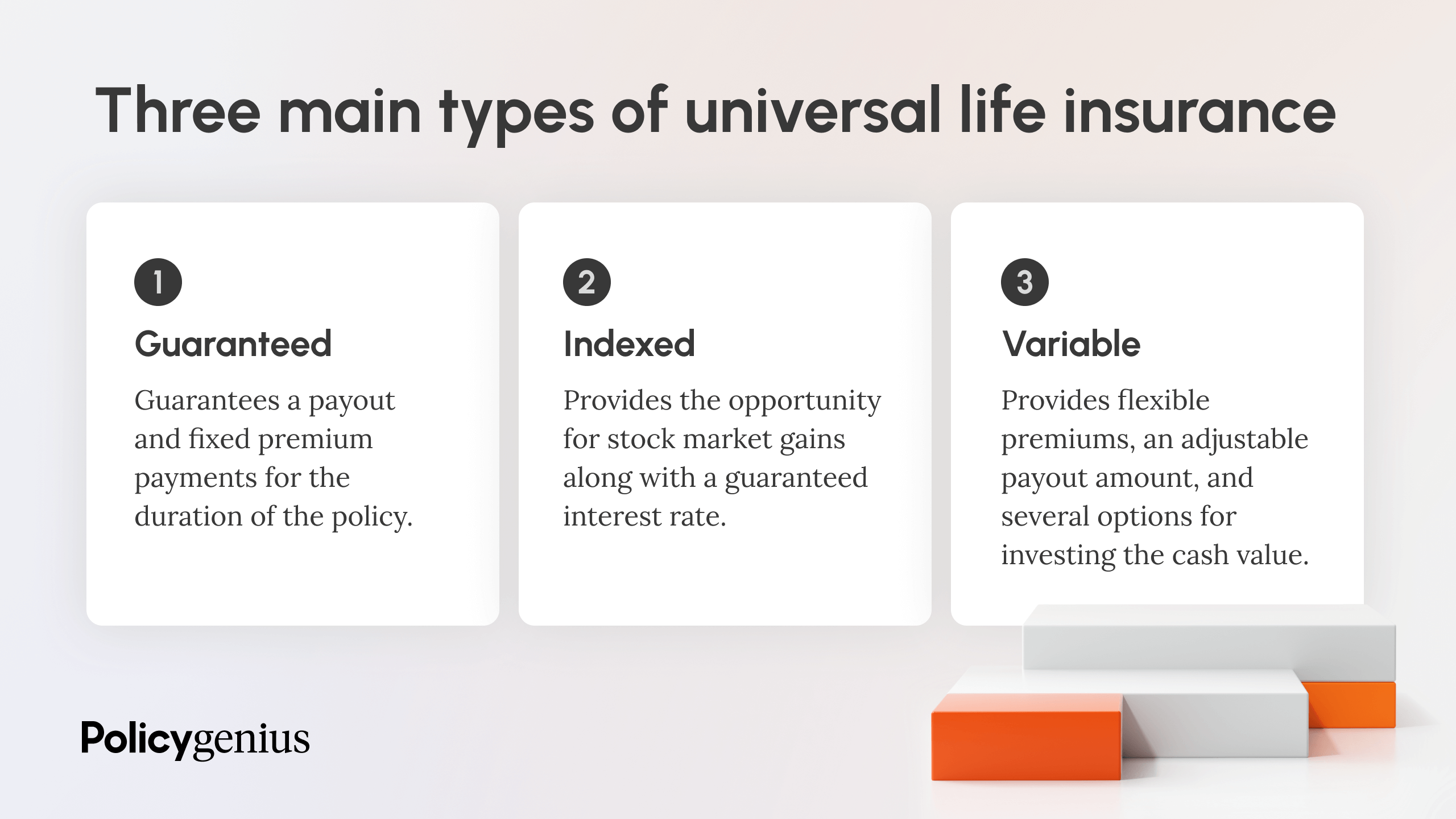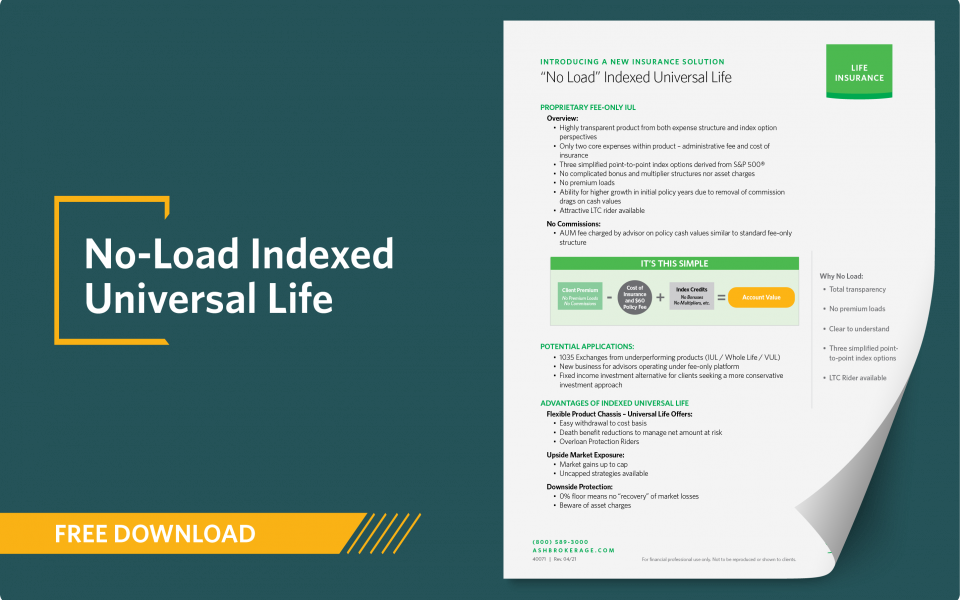All Categories
Featured
Table of Contents
1), commonly in an attempt to beat their classification averages. This is a straw man disagreement, and one IUL people love to make. Do they compare the IUL to something like the Lead Overall Securities Market Fund Admiral Show no lots, an expenditure ratio (ER) of 5 basis factors, a turn over ratio of 4.3%, and a phenomenal tax-efficient document of distributions? No, they contrast it to some awful actively taken care of fund with an 8% load, a 2% EMERGENCY ROOM, an 80% turn over ratio, and a dreadful record of short-term resources gain circulations.
Mutual funds commonly make annual taxed distributions to fund proprietors, also when the value of their fund has actually decreased in worth. Shared funds not just require revenue reporting (and the resulting yearly taxes) when the shared fund is rising in value, yet can also impose income tax obligations in a year when the fund has actually dropped in value.
That's not how common funds work. You can tax-manage the fund, harvesting losses and gains in order to lessen taxable distributions to the capitalists, however that isn't in some way mosting likely to change the reported return of the fund. Just Bernie Madoff kinds can do that. IULs stay clear of myriad tax catches. The possession of shared funds might require the mutual fund owner to pay projected taxes.

IULs are easy to place to make sure that, at the proprietor's fatality, the recipient is exempt to either earnings or estate tax obligations. The exact same tax obligation decrease methods do not function virtually also with shared funds. There are many, usually pricey, tax obligation traps connected with the timed trading of common fund shares, catches that do not put on indexed life Insurance coverage.
Chances aren't really high that you're going to undergo the AMT as a result of your shared fund distributions if you aren't without them. The rest of this one is half-truths at best. While it is real that there is no income tax obligation due to your successors when they acquire the profits of your IUL plan, it is also real that there is no revenue tax obligation due to your successors when they inherit a shared fund in a taxed account from you.
Disadvantages Of Indexed Universal Life Insurance
There are far better ways to stay clear of estate tax problems than getting financial investments with reduced returns. Shared funds might create revenue taxation of Social Safety and security advantages.

The growth within the IUL is tax-deferred and may be taken as tax cost-free earnings through loans. The plan owner (vs. the mutual fund manager) is in control of his/her reportable earnings, therefore enabling them to lower or also remove the taxation of their Social Security benefits. This is fantastic.
Here's an additional marginal problem. It holds true if you get a mutual fund for claim $10 per share right before the circulation date, and it distributes a $0.50 circulation, you are then mosting likely to owe taxes (most likely 7-10 cents per share) in spite of the fact that you haven't yet had any type of gains.
In the end, it's really regarding the after-tax return, not exactly how much you pay in tax obligations. You're additionally possibly going to have even more cash after paying those taxes. The record-keeping requirements for having mutual funds are significantly extra intricate.
With an IUL, one's records are maintained by the insurance policy company, copies of annual declarations are sent by mail to the proprietor, and circulations (if any type of) are amounted to and reported at year end. This set is also sort of silly. Obviously you ought to keep your tax records in instance of an audit.
Universal Whole Life Vs Whole Life
All you need to do is push the paper into your tax folder when it turns up in the mail. Barely a reason to buy life insurance coverage. It's like this guy has never invested in a taxed account or something. Shared funds are typically component of a decedent's probated estate.
In enhancement, they go through the hold-ups and expenses of probate. The profits of the IUL policy, on the various other hand, is constantly a non-probate distribution that passes beyond probate directly to one's named recipients, and is as a result not subject to one's posthumous creditors, undesirable public disclosure, or similar delays and costs.
We covered this under # 7, but just to recap, if you have a taxed mutual fund account, you must place it in a revocable trust (and even easier, utilize the Transfer on Fatality designation) in order to prevent probate. Medicaid disqualification and lifetime earnings. An IUL can provide their owners with a stream of revenue for their whole life time, no matter how long they live.

This is beneficial when organizing one's events, and converting assets to income before an assisted living home confinement. Mutual funds can not be transformed in a similar fashion, and are often taken into consideration countable Medicaid possessions. This is an additional silly one promoting that inadequate people (you understand, the ones who need Medicaid, a federal government program for the poor, to pay for their assisted living home) need to use IUL instead of mutual funds.
Universal Life Resources
And life insurance policy looks horrible when compared rather versus a pension. Second, individuals who have money to purchase IUL above and past their pension are going to have to be terrible at managing money in order to ever qualify for Medicaid to spend for their assisted living facility costs.
Persistent and incurable illness motorcyclist. All policies will permit an owner's very easy accessibility to cash from their plan, often waiving any type of abandonment charges when such people endure a significant health problem, require at-home care, or become confined to an assisted living facility. Mutual funds do not supply a similar waiver when contingent deferred sales fees still apply to a common fund account whose owner requires to market some shares to money the costs of such a keep.
Best Universal Life Insurance
You get to pay even more for that benefit (biker) with an insurance plan. Indexed universal life insurance policy supplies fatality advantages to the beneficiaries of the IUL proprietors, and neither the proprietor neither the beneficiary can ever shed cash due to a down market.
Now, ask yourself, do you really require or desire a survivor benefit? I certainly do not require one after I get to financial self-reliance. Do I desire one? I suppose if it were economical sufficient. Of program, it isn't economical. Usually, a buyer of life insurance policy spends for the real expense of the life insurance policy benefit, plus the prices of the policy, plus the earnings of the insurance provider.
Growth Life Insurance
I'm not entirely sure why Mr. Morais threw in the whole "you can not lose cash" once more below as it was covered fairly well in # 1. He simply wanted to repeat the most effective selling factor for these things I mean. Once more, you don't lose nominal bucks, however you can shed actual dollars, as well as face severe possibility expense because of low returns.

An indexed global life insurance coverage plan proprietor may exchange their policy for an entirely various policy without triggering revenue taxes. A mutual fund proprietor can stagnate funds from one mutual fund business to one more without marketing his shares at the previous (thus causing a taxed event), and buying brand-new shares at the last, typically based on sales costs at both.
While it is real that you can exchange one insurance policy for one more, the reason that people do this is that the first one is such a horrible plan that also after purchasing a brand-new one and going via the early, adverse return years, you'll still come out in advance. If they were offered the best policy the very first time, they shouldn't have any need to ever trade it and experience the early, unfavorable return years once more.
Latest Posts
Universal Life Insurance Canada
Does Universal Life Insurance Expire
History Of Universal Life Insurance